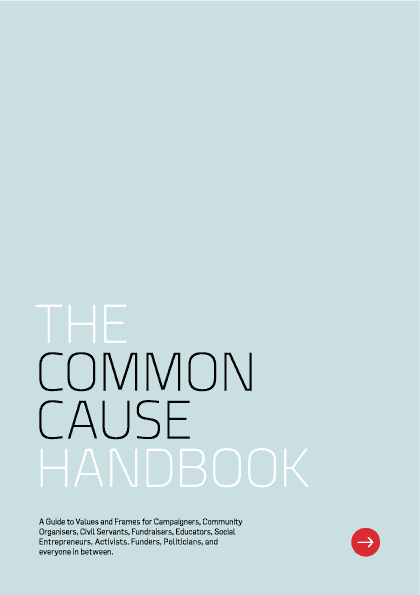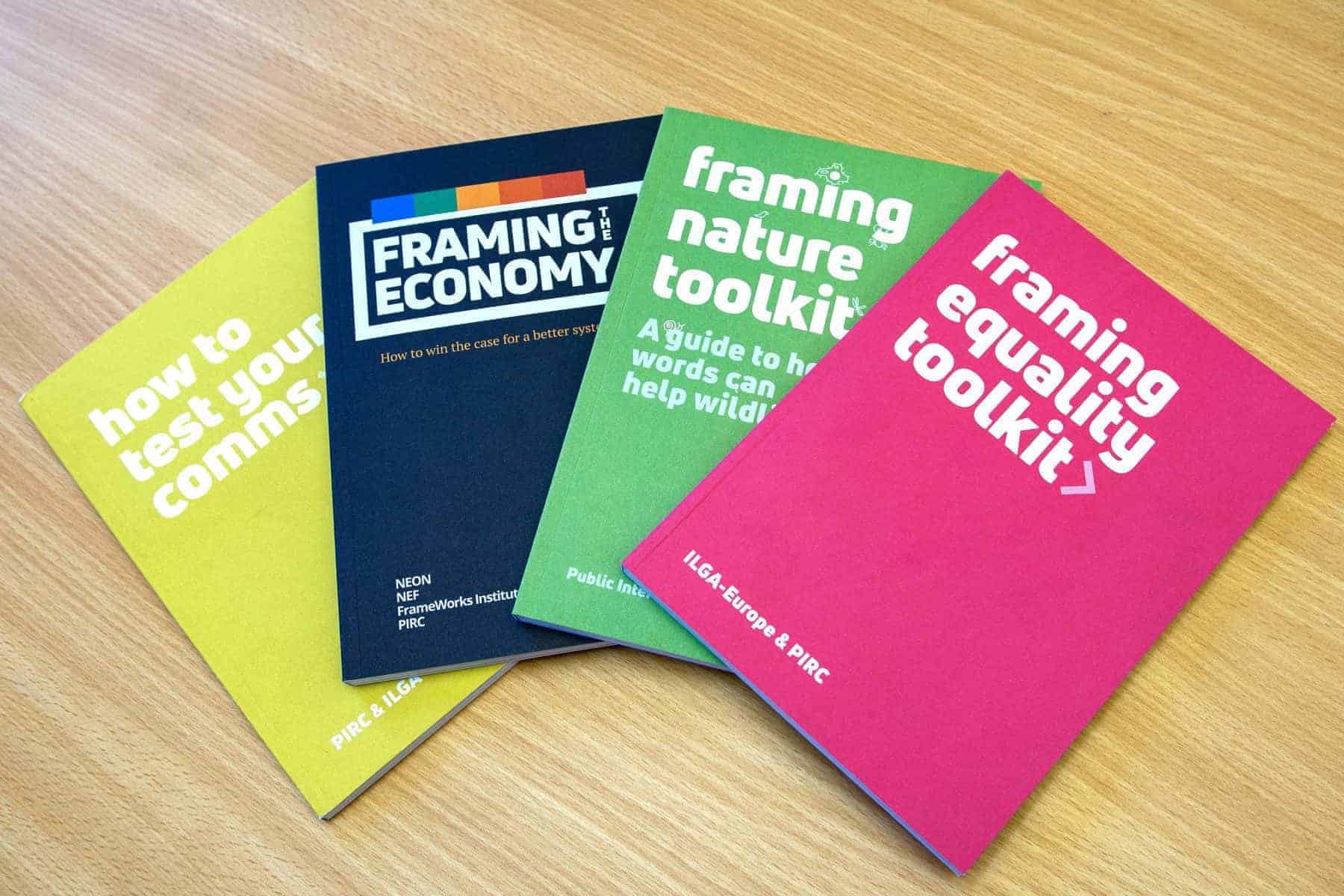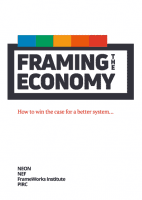The desire to understand and classify different types of human relationships isn’t new; we’ve been pondering it for thousands of years. What rules govern our interactions? And how do relationships shape us into the people we become?
The answers aren’t immediately straight forward, because the way we interact with each other is influenced by many things: how well we know and trust people, who’s got more power, the agreed understanding of reciprocation or exchange, and whether we converge around a common interest or selfish need. These things can be very fluid, too. Think about how you’d interact with a friend, a colleague, your grandmother, in a range of different situations. While you might see these people as being in different ‘categories’ of relationship, you probably have a rich variety of ways you interact with every one of them. Moment to moment, mood to mood, you’ll be laughing, arguing, teaching, ignoring or sharing with each other, although perhaps not in equal measure.
As social creatures, our experience of relationships is a huge part of how we develop. Our values, personalities and tastes are strongly influenced by our interactions with our parents growing up, with our colleagues at work, with the natural world. And this influence goes both ways. Not only do our values inform the types of relationships we seek, but our values also change over time as a result of our relationships. By understanding this feedback loop a little better, we gain useful insights into social and environmental problems.
Relationship theory is a tool to guide better ways of talking to each other, organising our workplace, and supporting campaigns or causes. Read more












